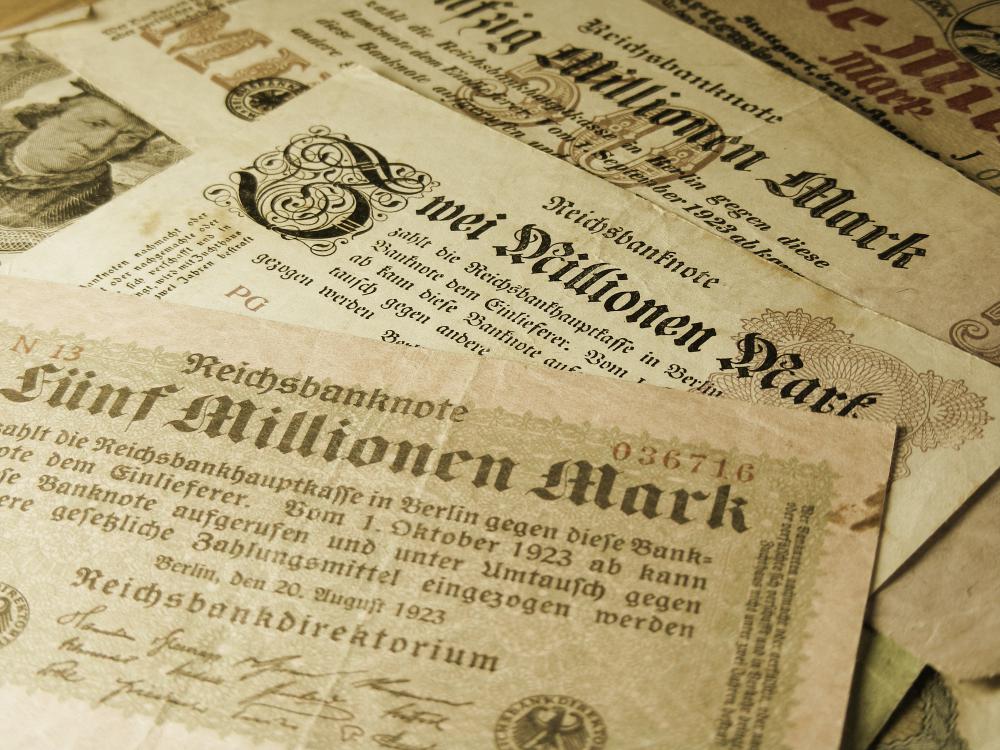At WiseGEEK, we're committed to delivering accurate, trustworthy information. Our expert-authored content is rigorously fact-checked and sourced from credible authorities. Discover how we uphold the highest standards in providing you with reliable knowledge.
What is the Effect of Money on Inflation?
The effect of money on inflation has been a subject of dispute among economists. Specifically, there is little consensus on the short-term effects of moderate changes to the money supply. There are some links, however, that most economists agree upon. In the long term, the money supply tends to determine rates of inflation. Rapid production of money will cause hyperinflation, or very high inflation rates, even in the short term.
Economists generally agree that the effect of money on inflation in the long term is very direct. When governments produce money faster than the rate of economic growth, each unit of currency ends up corresponding to a smaller portion of the total wealth of the economy. For example, if the economy grows by 20% over a period of time, but the money supply grows by 30%, a unit of currency will no longer have the purchasing power it once did. An amount of currency would tend to lose its value, and this is the definition of inflation.

Moreover, hyperinflation can occur when these effects are witnessed over a much shorter period of time. Hyperinflation is also believed to be caused by a disproportionate increase in the money supply. Rates of hyperinflation are sometimes given per month, instead of per year. When hyperinflation occurs, consumers tend to distrust the currency and will seek to convert their money into tangible goods—making the inflation problem even worse. The African country of Zimbabwe began to experience hyperinflation in the early 2000s, and the depreciation of the Zimbabwean dollar became so serious that the country abandoned the currency entirely.
The shorter-term effect of money on inflation is less clear. Some claim that the effect of money on inflation in the short term resembles the effect in the long term. Others maintain that additional factors can have a significant effect.

The first view of the short-term effect of money on inflation is that it is also direct. This theory was supported by British economists Adam Smith and David Hume and American economist Milton Friedman. Since these economists believed the quantity of money is linked to inflation, even in the short term, their theory is often called a quantity theory of money. The quantity theory of money, generally speaking, holds that the supply of money is directly proportional to price levels. Advocates of this theory often support a limited, controlled expansion in the money supply.

British economist John Maynard Keynes proposed that other factors in an economy can have a significant effect on short-term inflation. Keynes pointed out that changing the supply of money has only an indirect effect on general price levels and that intermediate factors could, therefore, influence the end result. For example, even though the money supply might change, employers will be reluctant to frequently change their employees’ salaries. Behavior like this can contribute to short-term inflation rates.
AS FEATURED ON:
AS FEATURED ON:













Discuss this Article
Post your comments